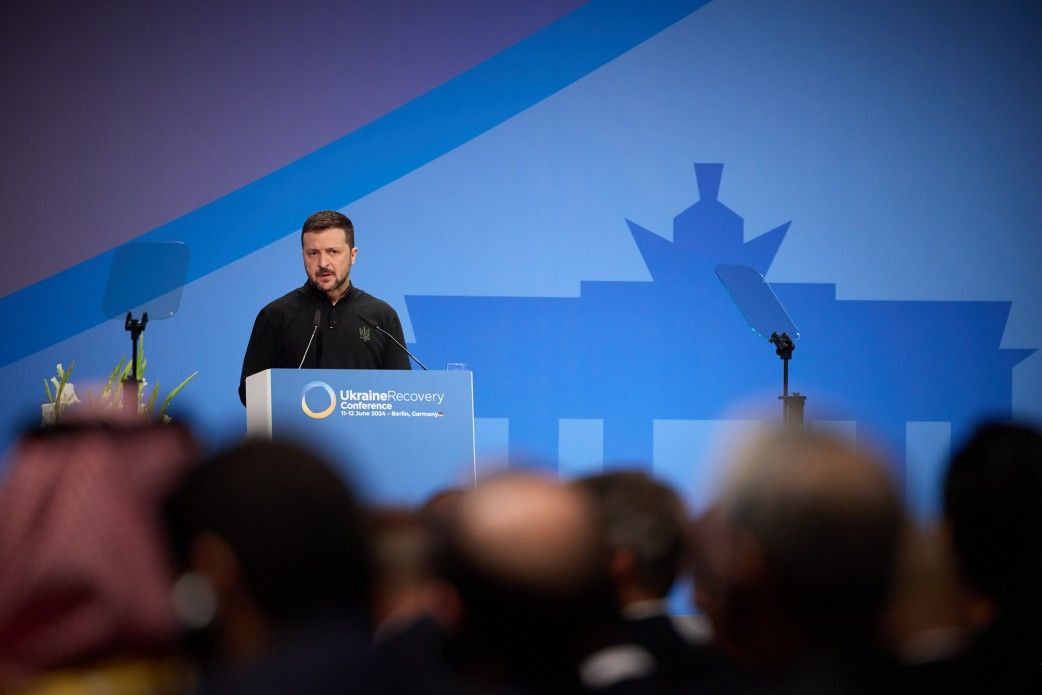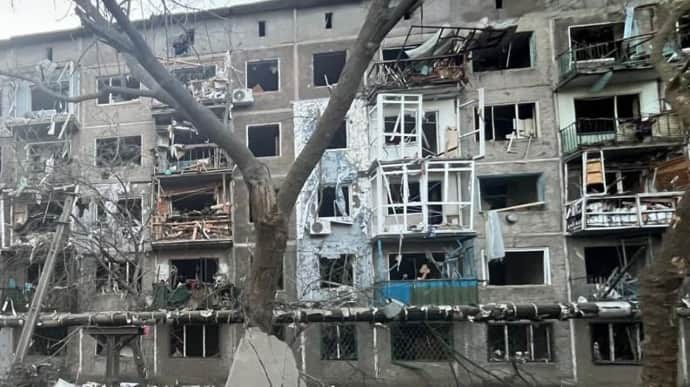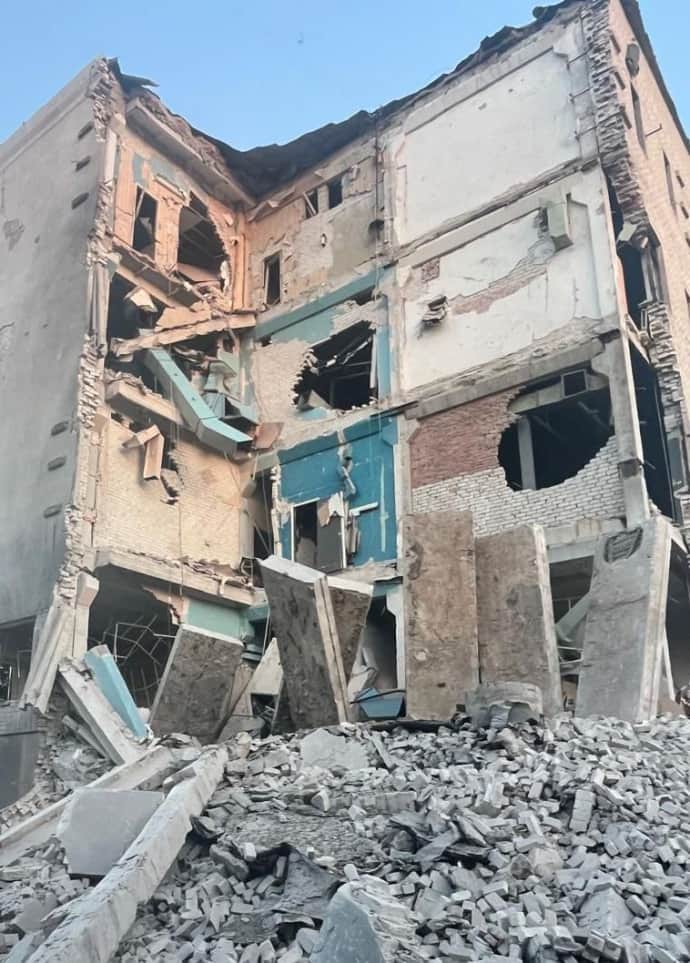Daily Flyer - June 11, 2024
A voice of Ukraine to the West

Ukraine wants to restore energy system destroyed by Russia by winter with allied help- Zelensky at Berlin conference

Ukraine could restore energy facilities damaged by Russia before winter with the help of its allies, President Volodymyr Zelensky said at the Ukraine Recovery Conference in Berlin on June 11.
Speaking at the event, Zelensky emphasized the need for air defenses to protect the country from Russian strikes and restore the power system.
The president called air superiority Russia's "greatest strategic advantage" in its ongoing full-scale war, reiterating his appeal for at least seven Patriot defense systems to be provided to Ukraine.
German Chancellor Olaf Scholz announced that Berlin will send its third Patriot air defense system, along with IRIS-T and Gepard anti-aircraft systems, missiles, and ammunition, to Ukraine in the coming weeks and months.
Russian missile and drone attacks have reportedly destroyed 9 gigawatts (GW) of Ukraine's energy capacity.
Last winter, peak energy consumption was 18 GW, and "half of that is gone now," Zelensky noted. "Eighty percent of thermal generation in Ukraine, and one-third of hydroelectric generation, have been destroyed by [Russian President Vladimir] Putin. And this is not the limit of his terror," Zelensky said.
Russia is trying "to hone its skills" in destroying energy facilities, including gas storage facilities that connect Ukraine's energy system with the European one, the president added. He called on allies to help preserve Ukraine's energy generation and restore what has been destroyed.
"We must also implement a quick and inexpensive restoration of all energy facilities that can be restored before winter. We know how to ensure this," Zelensky said.
"We are asking you for equipment from your decommissioned power plants and direct financial support. This will allow us to respond to the situation here and now, to preserve normal life."
According to Zelensky, Kyiv plans to sign hundreds of agreements worth billions of euros with partners in the defense and energy sectors.
European Commission President Ursula von der Leyen announced at the conference that Kyiv will receive 1.5 billion euros ($1.6 billion) in Russian frozen assets revenue in July and 1.9 billion euros ($2 billion) under the Ukraine Facility this month.
Russians drop 500 kg glide bomb on residential areas of Kostiantynivka, Donetsk oblast

The Russians conducted an airstrike on the city of Kostiantynivka at 11:20 p.m. on June 10. Early reports indicate that the Russians dropped a 500-kilogram guided bomb with a universal planning and correction module. The bomb hit a residential area, injuring five local residents due to shattered glass and a powerful blast wave. A 65-year-old man and two women, aged 63 and 88, were taken to the hospital.
They were diagnosed with traumatic brain injuries and multiple lacerations. All received appropriate medical assistance.
At least 13 high-rise residential buildings were damaged, with windows and glass panes shattered.

EU considers ways to maintain gas supplies through Russia-Ukraine pipeline
European officials are exploring ways to maintain gas supplies through the Russia-Ukraine pipeline after the current contract with Gazprom expires at the end of 2024, which Ukraine refuses to renew. This is critical for countries like Slovakia and Austria that rely on this pipeline.
One option is for European companies to purchase gas from Azerbaijan, which would be transported via Russian pipelines. Ukraine could benefit from transit fees and infrastructure maintenance. Oleksii Chernyshov, CEO of Naftogaz, supports buying gas from Azerbaijan but rejects ongoing cooperation with Gazprom.
Azerbaijan is interested in increasing gas exports to Europe, but this would require infrastructure upgrades and new long-term contracts. Talks are still in early stages, with significant progress expected by the end of the year.
The EU also plans to limit Russian liquefied natural gas imports.

